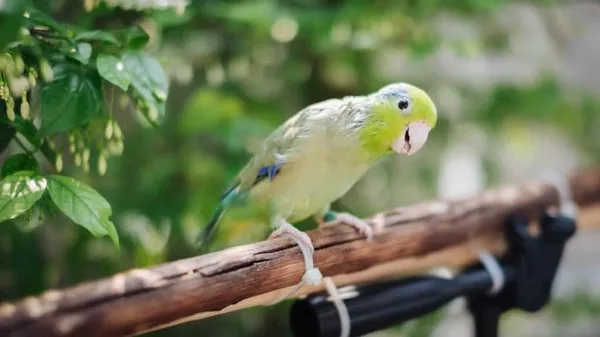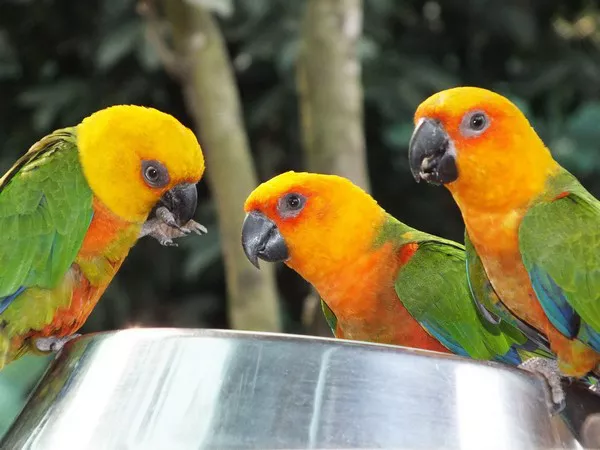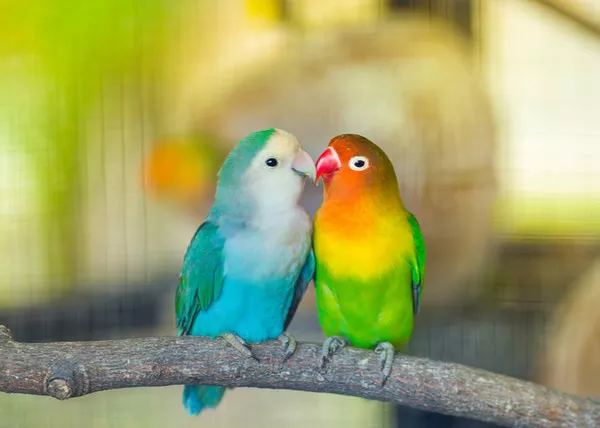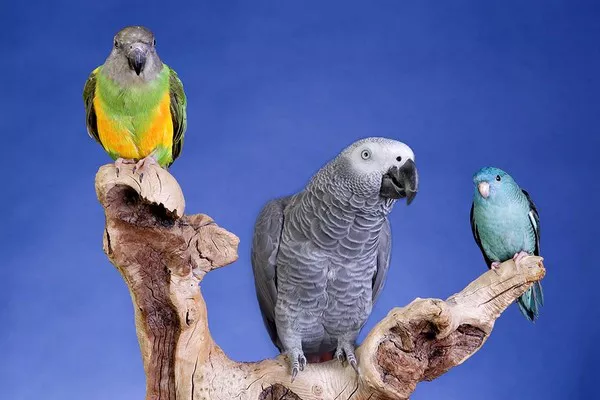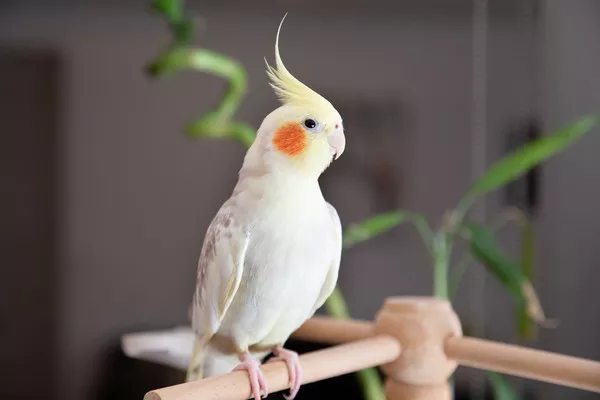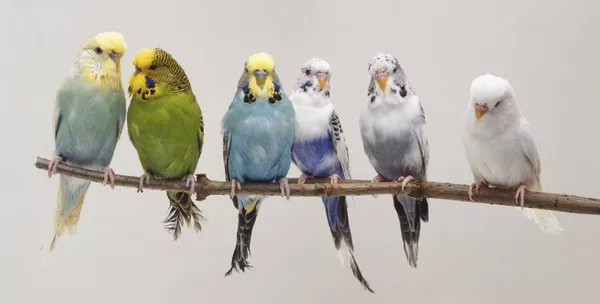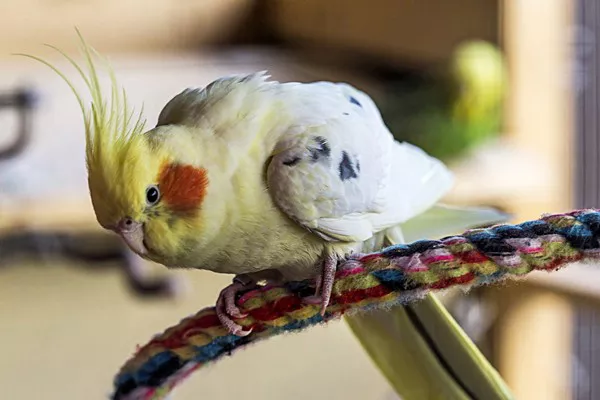African Grey Parrots, renowned for their exceptional intelligence and ability to mimic human speech, are beloved pets for many avian enthusiasts. To ensure the well-being of African Grey Parrots, it is crucial to understand the foods that should be avoided. While providing a balanced diet is important, it is equally vital to be aware of dietary restrictions that safeguard their health and longevity. In this article, we will delve into the dietary restrictions that African Grey Parrots should adhere to for their overall well-being.
-
Avocado:
One of the most critical foods to avoid feeding African Grey Parrots is avocado. Avocados contain a substance called persin, which is highly toxic to birds. Ingesting avocado can lead to severe cardiac distress and even death in parrots. It is crucial to ensure that avocados are never included in the diet of African Grey Parrots. Additionally, it’s important to be cautious with other fruits that have large pits or seeds, such as peaches and cherries, as they can pose a choking hazard.
-
Chocolate and Caffeine:
Human indulgences such as chocolate and caffeinated beverages are strictly off-limits for African Grey Parrots. Chocolate contains theobromine, a compound that is toxic to birds, while caffeine can be highly stimulatory and detrimental to their sensitive systems. Consumption of these substances can lead to cardiac irregularities, hyperactivity, tremors, and potentially fatal consequences. It is important to keep these items away from your parrot and ensure that they are not accidentally exposed to them.
-
Alcohol:
It should go without saying that alcohol should never be given to African Grey Parrots. Even small amounts of alcohol can have severe consequences for these birds. Their bodies cannot process alcohol efficiently, leading to adverse effects on their liver, kidneys, and overall well-being. Exposure to alcohol can cause disorientation, neurological issues, and even death. Be mindful of spilled drinks or leftover alcohol in glasses and clean them up promptly to prevent accidental ingestion.
-
High-Fat and Processed Foods:
African Grey Parrots have specific dietary requirements that prioritize fresh, whole foods. Feeding them excessive amounts of high-fat and processed foods can lead to obesity and related health issues, including liver and cardiovascular problems. Avoid feeding them fried foods, chips, sugary treats, and processed snacks that lack nutritional value. Instead, focus on providing a variety of fresh fruits, vegetables, whole grains, and lean proteins as part of their balanced diet.
-
Sugary and Salty Foods:
While a small amount of natural sugars and salt in their diet is acceptable, excessive intake of these substances can be harmful. African Grey Parrots have a delicate metabolic system, and an excess of sugar and salt can lead to various health problems, including obesity, diabetes, and kidney dysfunction. It is best to avoid offering them sugary snacks, processed foods with added sugar, and excessively salty items. Instead, opt for healthier alternatives such as small portions of fresh fruit as a sweet treat and avoid adding additional salt to their food.
-
Toxic Plants:
Apart from specific foods, it is crucial to be mindful of the plants present in the vicinity of African Grey Parrots. Many common household plants can be toxic to birds. Examples include philodendron, dieffenbachia, lilies, and poinsettias. Before bringing an African Grey Parrot into your home, ensure that you have removed all toxic plants or placed them out of reach. This will help prevent accidental ingestion or exposure to harmful substances that can jeopardize their health.
Conclusion:
African Grey Parrots are magnificent creatures that require a carefully balanced diet to thrive. Understanding what they should not eat is just as
important as knowing their nutritional needs. Avoiding foods such as avocado, chocolate, caffeine, alcohol, high-fat and processed foods, sugary and salty items, as well as keeping them away from toxic plants, will help ensure the well-being and longevity of these intelligent and beloved avian companions. Always consult with an avian veterinarian for expert advice and guidance regarding the optimal diet and care for African Grey Parrots. By providing them with a healthy and appropriate diet, we can contribute to their overall happiness and well-being, creating a nurturing environment for these remarkable birds to thrive.
Recommended reading:


